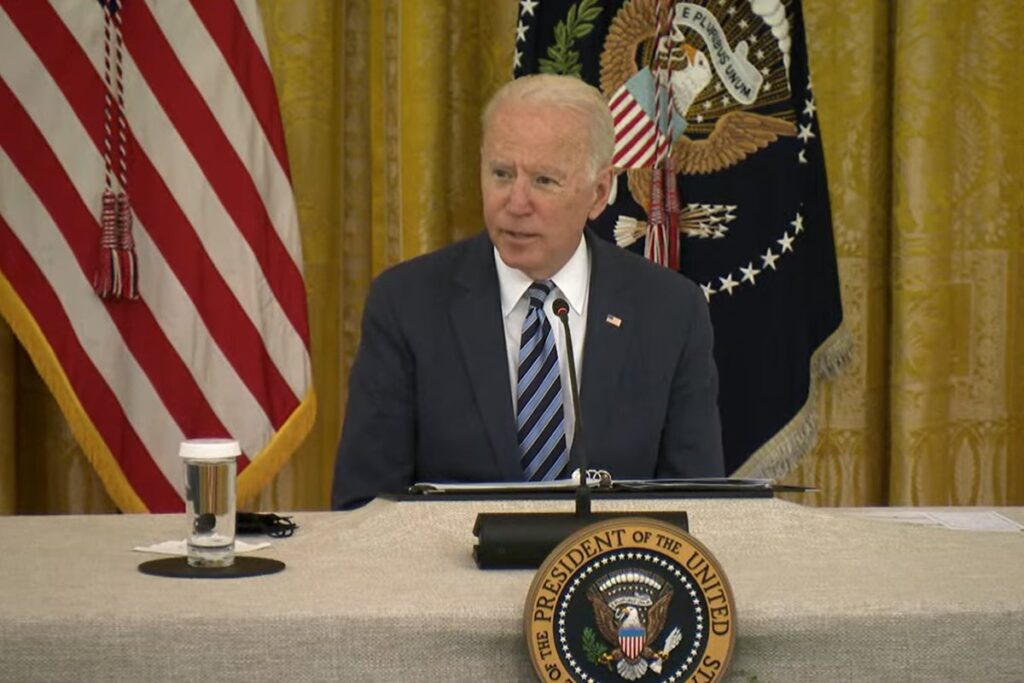President Joe Biden has issued an executive order outlining a host of new potential regulatory policies for cryptocurrency and digital goods. The order urges a centralization of regulatory enforcement, in an attempt to move away from the current patchwork approach, and lays out twin goals of protecting consumers and mitigating the fiscal and human costs of crypto misuse.
Cryptocurrency’s major promise — the ability to securely conduct business without reliance on the financial sector — is widely viewed as a positive thing, but critics have pointed out that it’s a severely underregulated market, and that crypto is all too frequently used for transactions in illegal drugs, weapons, and more.
One of the proposals in the order would see the creation of a Central Bank Digital Currency (CBDC), backed by the Federal Reserve, which has been mulling over the possibility of creating a cash-backed cryptocurrency for a number of years. The administration says that it sees several upsides to the creation of a US CBDC, including greater inclusion in the financial system (since it could potentially help the unbanked move money around) and facilitate cross-border payments. This is a so-called “stablecoin,” which has been trialed by major financial institutions like JP Morgan and Wells Fargo — it has the same portability as more typical cryptocurrencies like Bitcoin and Dogecoin, but it’s indexed to the value of real-world cash, rather than subject to wild price fluctuations.
Another proposal calls for multiple agencies to provide in-depth research into the effect of new regulations designed to curtail the use of cryptocurrency for illicit purposes, as well as the potential effects on financial markets, competition policy and cybersecurity.
In a statement, Treasury Secretary Janet Yellen — whose department will be critical to much of the progress hoped for in the executive order — praised the new policies.
“This approach will support responsible innovation that could result in substantial benefits for the nation, consumers, and businesses,” she said.
US lags in cryptocurrency regulation
Overall, the order represents a long-overdue change, and one that might help bring America’s regulatory regime for crypto more in line with European efforts, according to Martha Bennett, a vice president and principal analyst at Forrester Research.
“The U.S. is actually quite late in thinking about how to approach this. The EU, for example, they’re in the final stages of actually passing legislation about cryptoassets,” she said. “It’s long overdue, both from the stability and consumer protection standpoints.”
Crypto regulation in the U.S. has suffered, according to Bennett, from a lack of centralization — the IRS treats digital assets as property to be taxed, while the SEC treats them like securities, for example.
“Greater clarity will be very useful, and what I read sort of between the lines in this order is really the encouragement for various regulators to work together, because that’s been confusing,” she said.
In addition, the advent of a US-backed stablecoin could be beneficial for both consumers and businesses, giving them a new, streamlined system for payments and fund transfers.
“In particular, in the US, both the internal payment systems are horribly outdated, and globally, they’re absolutely stone-age,” Bennett said.
Copyright © 2022 IDG Communications, Inc.


